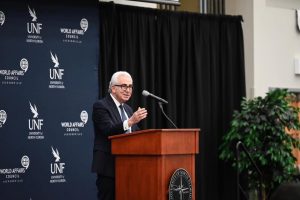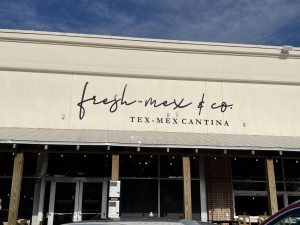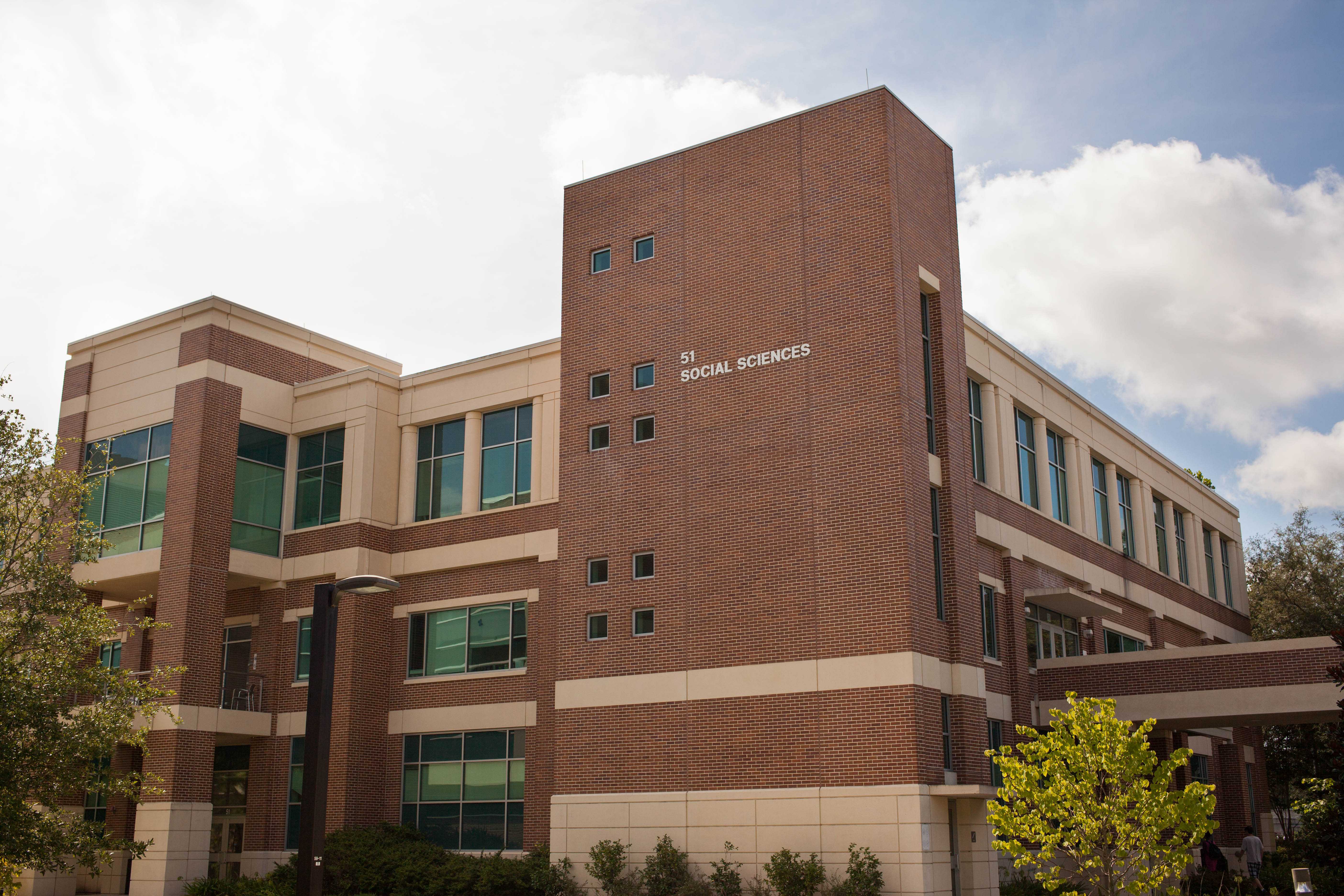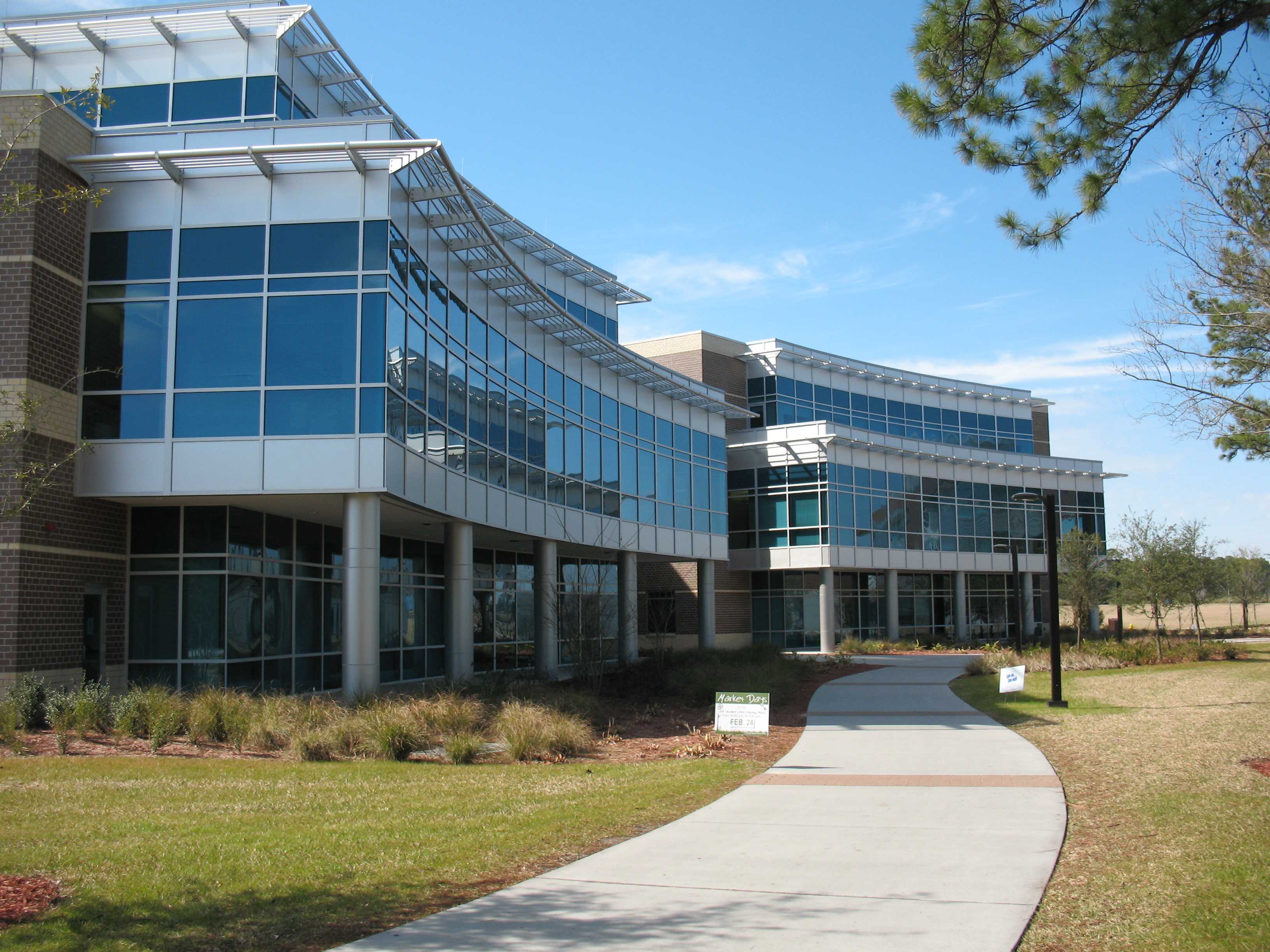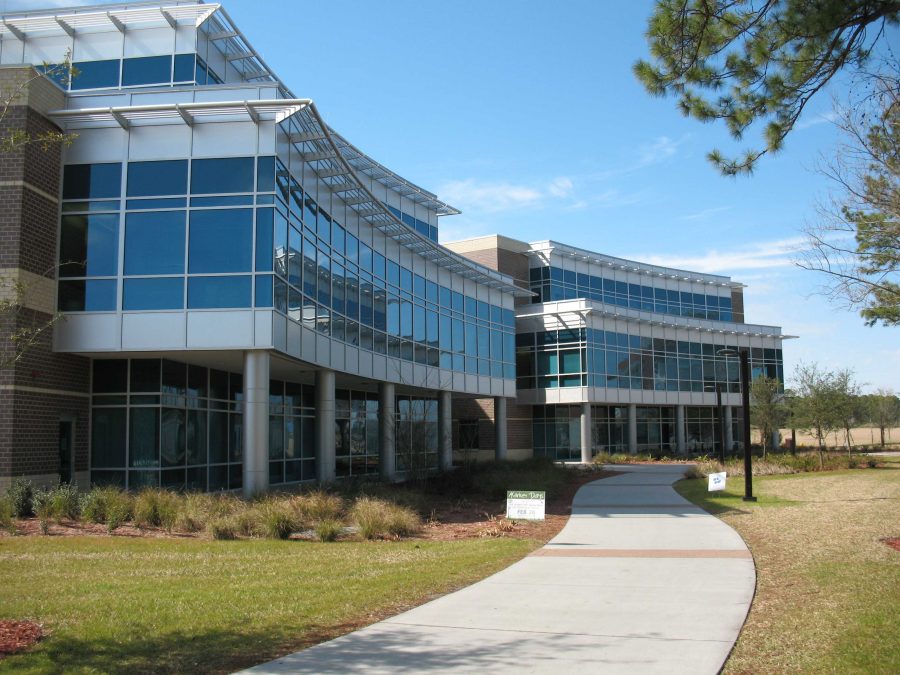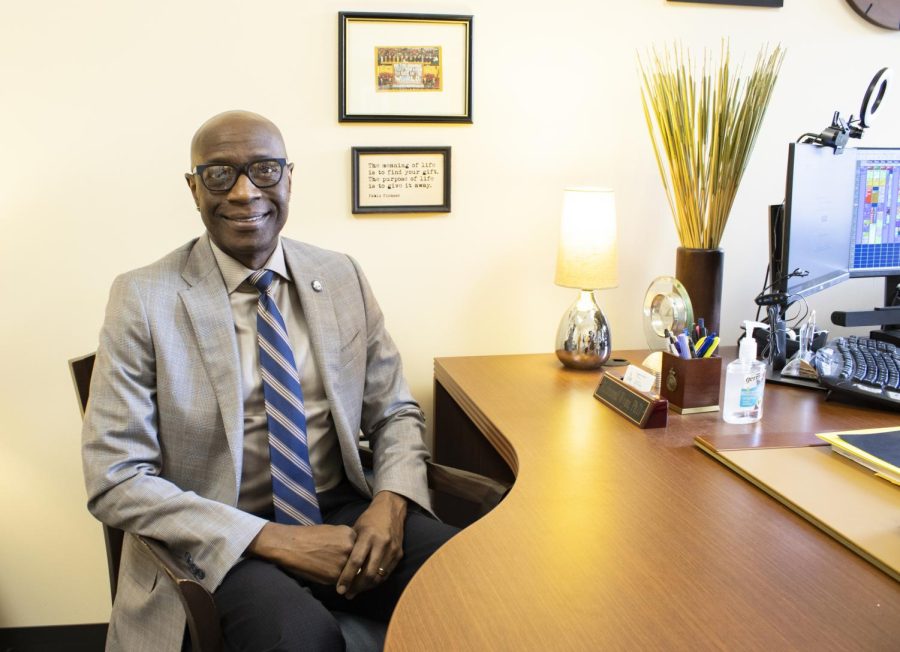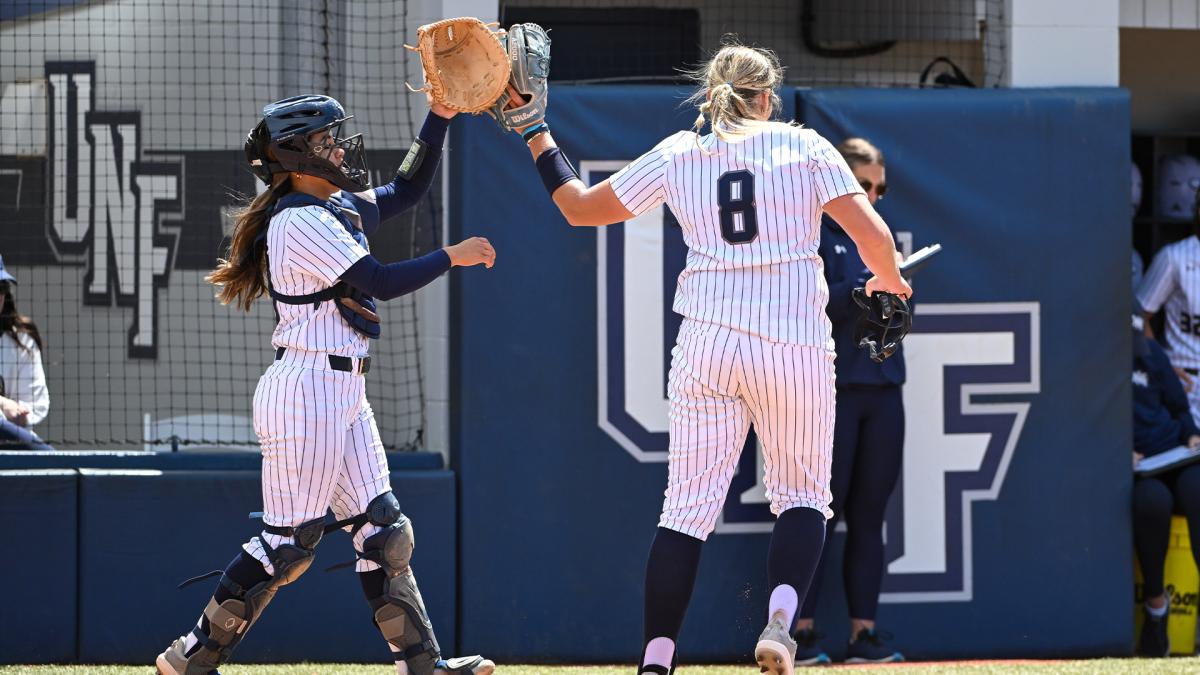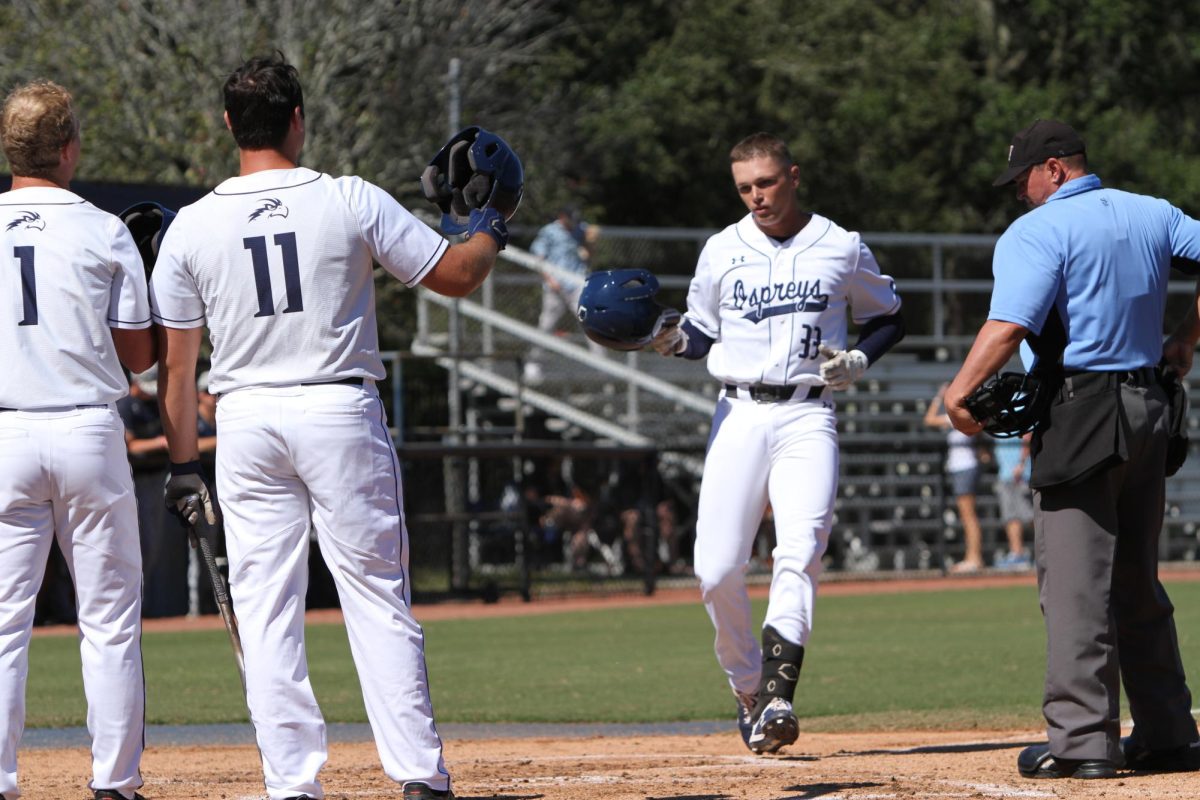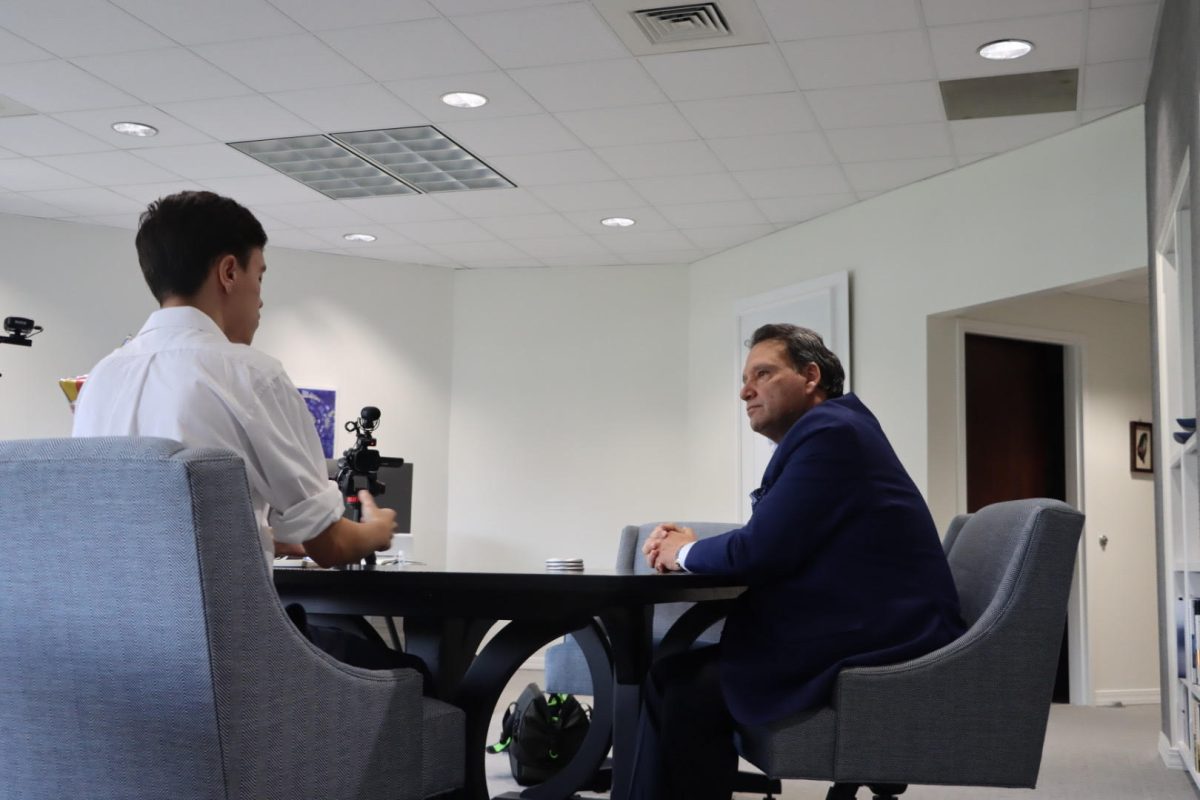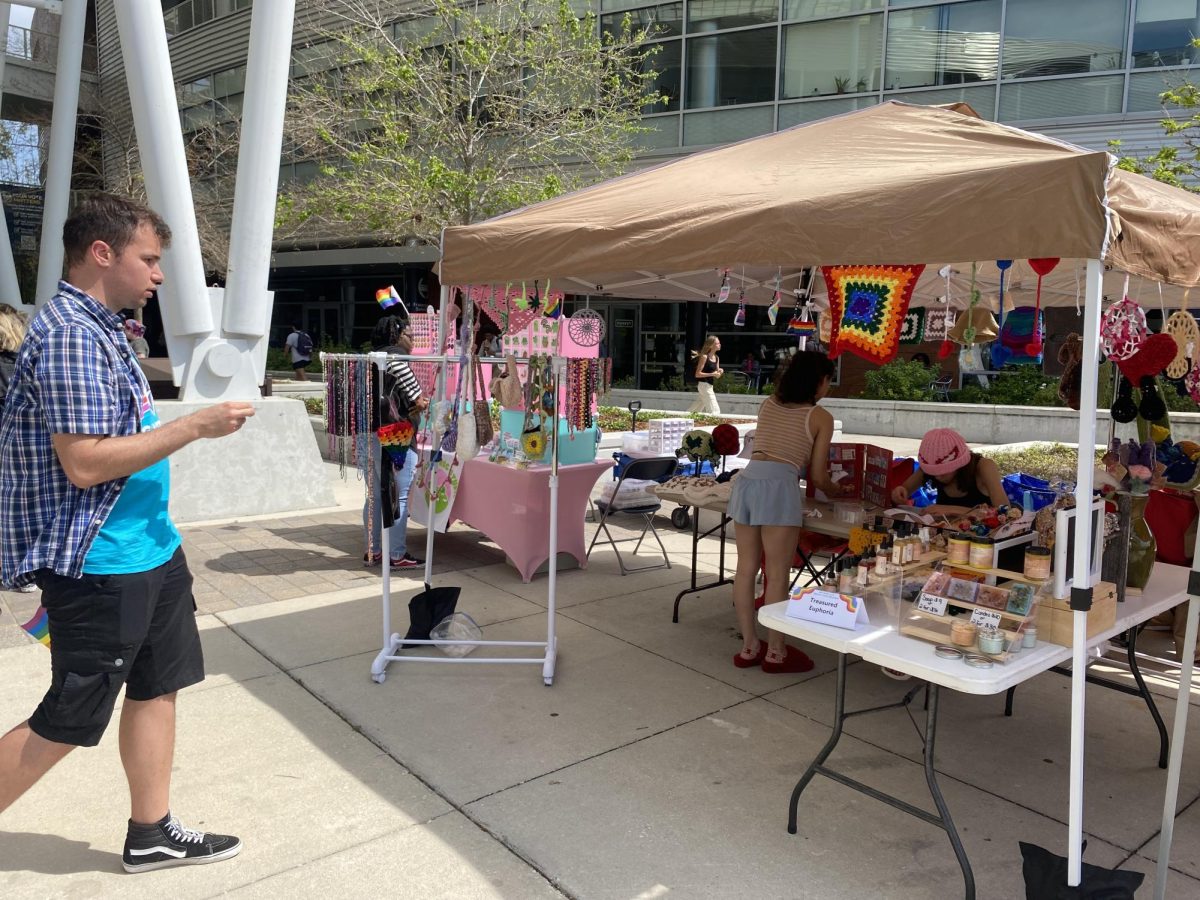By: Hali Harden, Staff Reporter
So what if you thought you got the world’s best deal on Publix’s two-for-one Goldfish crackers, ate week-old bread because it passed the visual mold and smell test or drank the last of the milk but put the carton back in the refrigerator? We all do it.
Most college students are programmed with a save-money, save-time mindset, and we often overlook things pertaining to both, including what and how we eat. We don’t have time to invest in learning how to grow and harvest fresh fruits and veggies. We must use our time wisely: studying, socializing and sleeping, right?
Not necessarily.
For students who have never ventured over to the UNF Eco-Adventure Office, an array of winter crops await.

With the cold of winter rearing its face, it is almost surprising to see the display of fresh greens sprouting from different plots at UNF’s Organic Garden.
The leafy green heads of winter produce, like cauliflower, carrots and chard, peek above the soil, some hiding the varying colors of the vegetables buried below them.
Plots are scattered around the garden. Some house crops just barely breaking from the ground, and others are filled with fruits and vegetables in full bloom and ripe for picking. Some are made from wood, and two are fashioned from busted canoes.
The garden’s newest edition is a teepee made from logs. It stands about 6 feet tall and will eventually have plants growing up its legs, creating a centerpiece for guests to take pictures.
Carmen Franz, the UNF Organic Garden coordinator, organizes students, clubs and classes that adopt plots in the garden. Franz meets with volunteers and shows them proper ways to harvest their produce, nutritional facts about different crops and various ways to prepare them.

Franz makes sure that when volunteers are working in the garden, they are learning how to recognize different plants and teaches them proper gardening techniques from seed to table.
Franz said she could explain what makes the garden organic for hours, but it trickles down to the fact that the tenders feed the soil in order to feed the plant.
Most conventional farms use synthetic fertilizer, but the organic garden uses self-made compost as fertilizer, free from synthetic chemicals and pesticides. Franz said the garden harvests plants based on certified organic standards, which vary every year.
Healthy students choose healthy produce
Franz said she believes the garden is a great tool to promote healthy lifestyles.
The garden propels the Healthy Osprey initiative, which posits eating more nutritiously and having a more active lifestyle through recreation yields healthier students.

People who participate in production of the garden are able to pick and take home their produce. Franz also takes some fruits and vegetables to the UNF Market Days, where she educates students on topics such as what’s in season, recipe ideas and gardening advice.
Taylor Gordon, a UNF nutrition senior and member of the UNF Student Nutrition Club, said the club’s plot currently has a variety of vegetables growing, including Brussels sprouts, cauliflower, different types of lettuce and broccoli.
“Just to be able to come out here in the nice weather and harvest food to eat, I just enjoy it,” Gordon said. “And seeing your own stuff growing without any pesticides or chemicals.”
UNF finance freshman Chris Brady volunteers on a plot adopted by his English class, Literature in the Kitchen. Brady said he is anticipating watching his class’ plot develop.
“It’s kind of cool when, like, we planted them two weeks ago,” Brady said, “and now to see stuff coming out — it’s really exciting.”
One book Brady’s class is reading, called “Animal, Vegetable, Miracle” by Barbara Kingsolver, is about a family that spent a year trying to eat as close to home as possible. Brady’s professor, Leslie Kaplan, said by having the students participate in the garden, they will be able to connect better with the characters in the book and have a richer experience. Kaplan said she has had students volunteer in the gardens for the past two years.
Cropped up
The UNF Organic Garden is kept year-round, varying its crops between seasons.
For this winter season, Franz said the garden received a generous donation of around 3,000 starter crops from Christopher Trad of Trad’s Garden Center in Jacksonville.

Starter crops, or transplants, are baby plants used for building up a garden.
Donations from Trad currently populate the entire garden, including those adopted by students, and Franz said she still has excess transplants to be used.
Franz has big plans in the future for the garden.
She hopes to get more containers for students to grow plants in, including old tires. Franz said the idea is to use items that students could find at home to start their own gardens.
She would also like to have student or local artists create a sculpture to help beautify the garden.
Green future
While the garden exists away from the campus’ core, Franz is trying to expand elements of the garden onto the main campus.
The Eco-Adventure office has requested funding for an on-campus orchard and garden through the Student Life and Services fee. Becky Purser, director of campus recreation at UNF, said she would want the addition to be educational and convenient for student use.
The garden would be scheduled to open this fall and would be located near the Student Union. Student volunteers and employees would maintain it, and it would be available for students to pick fruits from the trees for free.
So far, the expected list of available produce includes peaches, plums, grapes, muscadines, persimmons and olive trees.
Franz and Purser expect to know if they will be granted the funds by July 1.
Franz said there are still one big plot and two canoes available for adoption. Adopting a plot is free for students, and anyone interested in participating in the garden can contact Franz through the Eco-Adventure office.
Out of all the learning opportunities available at the organic garden, she said it helps students learn where food comes from — from seed to harvest.
“It gives them an opportunity to be a part of the production of these foods and then learn how to cook them and eat them,” Franz said.
Email Hali Harden at [email protected].


